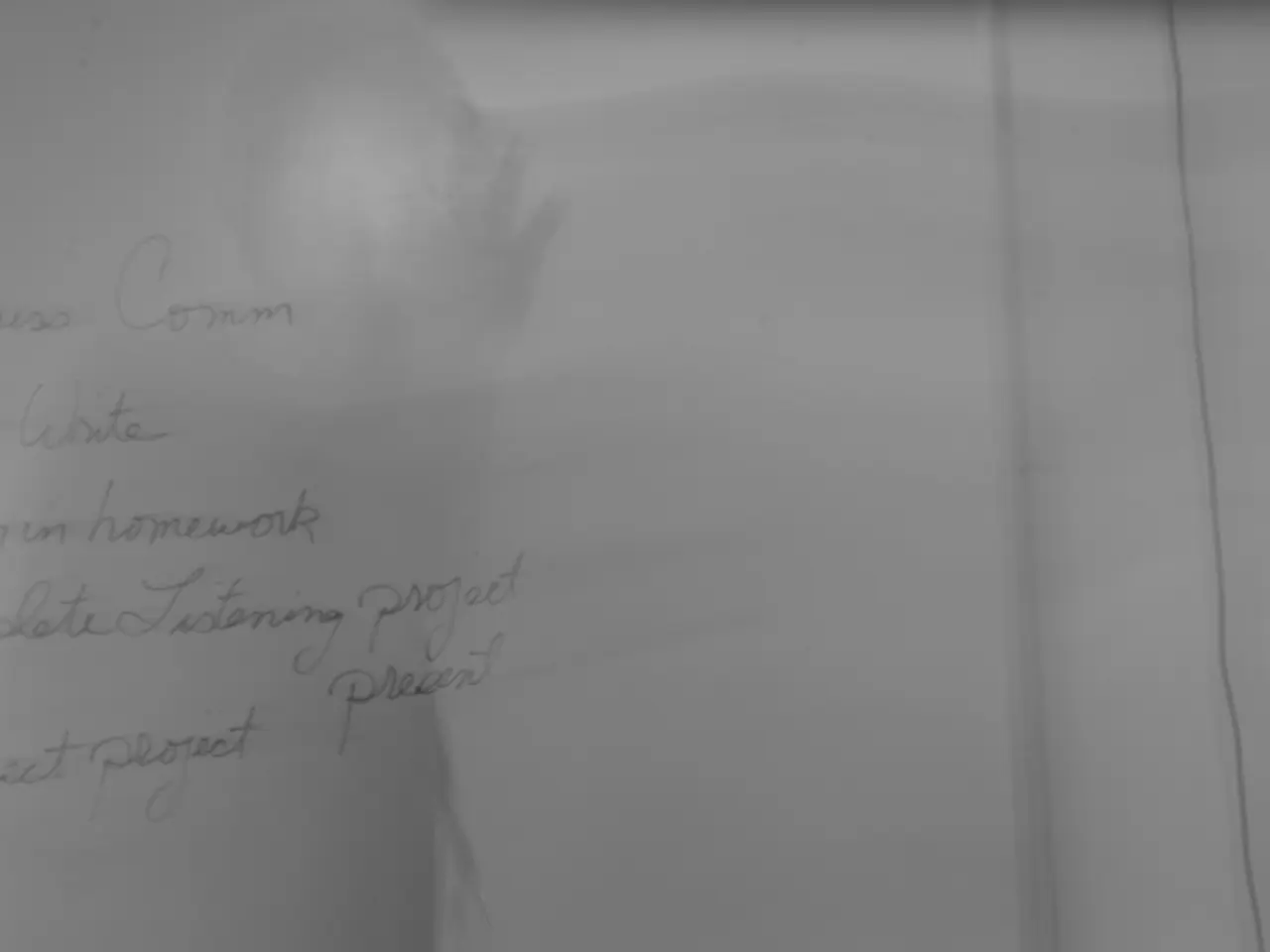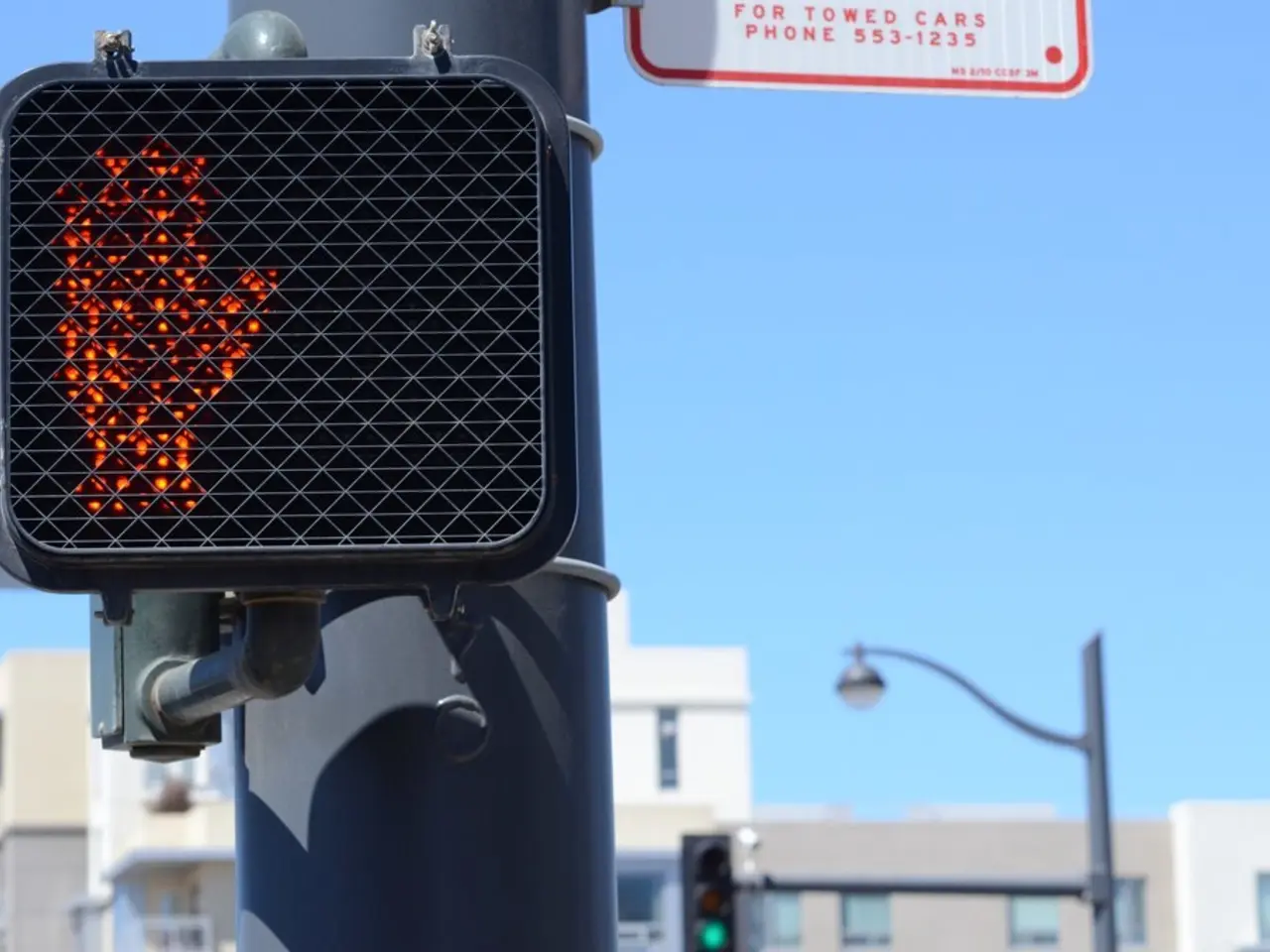Is it possible to distribute £250 gifts to 400 individuals, who subsequently pass the money to your daughters, thus avoiding inheritance tax on a £100,000 estate?
UK Inheritance Tax: Circular Gifting Schemes Under Scrutiny
The UK's inheritance tax (IHT) system has measures in place to prevent avoidance schemes that involve gifting large sums to others, who then gift the same amounts back or to the original individual's children. These schemes are closely scrutinized under anti-avoidance rules, such as the 'General Anti-Abuse Rule' (GAAR) and the 'gifts with reservation of benefit' rules.
If an individual gifts a significant sum to multiple people who then gift the same amount to their children, HM Revenue & Customs (HMRC) would likely review these transactions carefully.
Key Points on IHT Treatment
- Gifts within Seven Years: If the original person dies within seven years of making the gift, the gift’s value is generally added back into their estate for IHT calculation, unless certain exemptions apply. This rule, known as the 'seven-year rule,' applies regardless of whether the gift was passed on by intermediaries.
- Gifts with Reservation of Benefit: If the original person continues to benefit from the gift (e.g., still living in a gifted home rent-free or indirectly controlling assets), the gift is still treated as part of their estate and subject to IHT.
- Gifts Lacking Economic Substance: Simply transferring money through intermediaries (e.g., to friends or relatives who then gift it to the individual’s children) is generally ineffective if HMRC judges it lacks genuine intention and is designed solely for tax avoidance. HMRC can treat these as "pre-mortem transfers" designed to dodge tax and can ignore the intermediary step.
- Annual Exemptions: Small annual exemptions exist (£3,000 total gifted per tax year exempt, and £250 per individual, etc.), but large sums well above these limits will trigger IHT unless genuinely made more than seven years before death.
- Anti-Avoidance / Anti-Disguised Gifts rules: HMRC expects that genuine gifts are outright, unconditional, and not part of a plan to return the assets benefiting the original donor’s family. Using others as conduits to gift money to children is likely to be seen as deliberately contrived to avoid inheritance tax and thus disallowed.
In summary, the UK IHT system treats circular gifting schemes involving intermediaries as potentially abusive tax avoidance arrangements. The inherited gifts will be added back to the original donor’s estate if death occurs within seven years, and indirect transfers meant to avoid IHT may be ignored altogether. Gifting in this manner is unlikely to successfully avoid the inheritance tax liability on large sums intended for the donor’s children.
Avoiding IHT: Legitimate Planning
Legitimate planning that avoids IHT generally requires following detailed rules and timing, often with professional legal advice. Gift-making should be outright, unconditional, and not part of a pre-planned series of transactions designed solely to avoid inheritance tax.
Pensions and IHT
It is worth noting that pensions are set to fall into the inheritance tax net from 2027. This change could result in an additional IHT charge for individuals who have substantial pensions.
Rachel Reeves, a Member of Parliament, has proposed a change that would result in an additional IHT charge of approximately £270,000 for an individual who has a pension worth £1 million if they were to die.
In light of these rules and potential changes, it is advisable to seek professional advice when considering inheritance tax planning strategies.
- In the context of personal-finance planning for UK inheritance tax (IHT), often, gifting large sums to multiple people with the intention of bypassing IHT through circular arrangements involving children may trigger a review by HM Revenue & Customs (HMRC), potentially resulting in neglect of the intermediary steps and the addition of the gift value back into the original donor's estate.
- To mitigate the IHT impact on substantial pensions, starting from 2027, individuals may want to seek professional advice considering the potential changes that could result in an additional IHT charge, as proposed by Rachel Reeves, wherein an individual with a £1 million pension could incur an approximate £270,000 IHT charge if they were to die.




